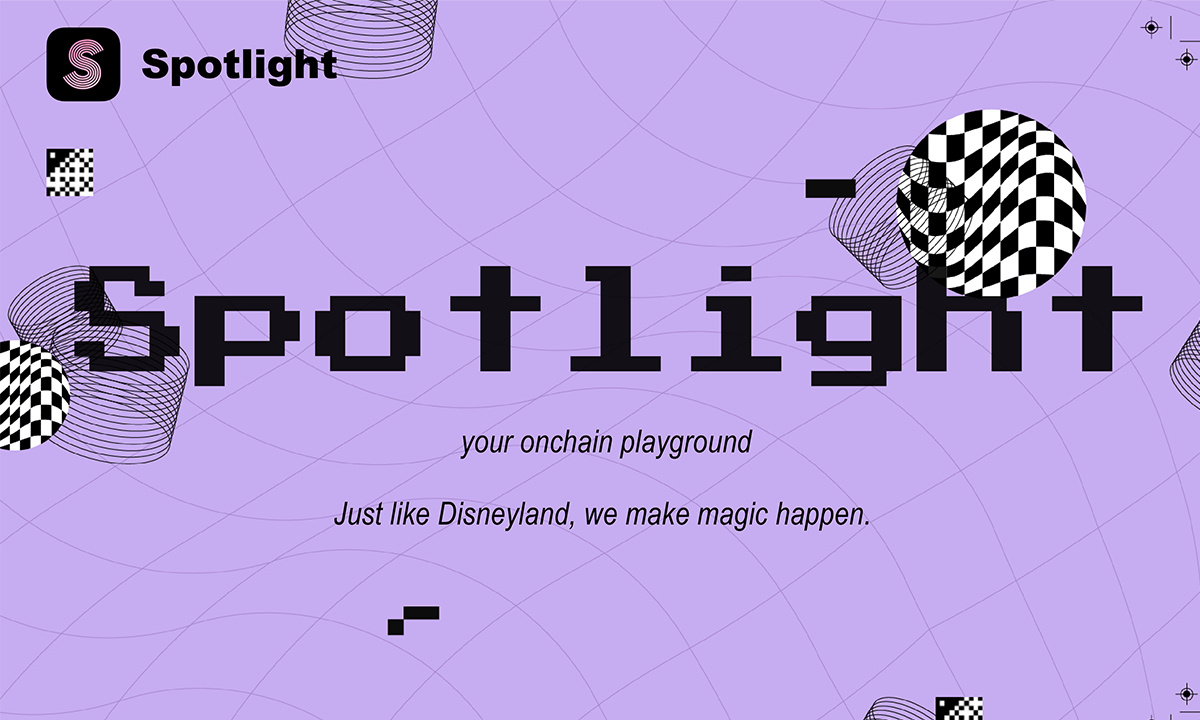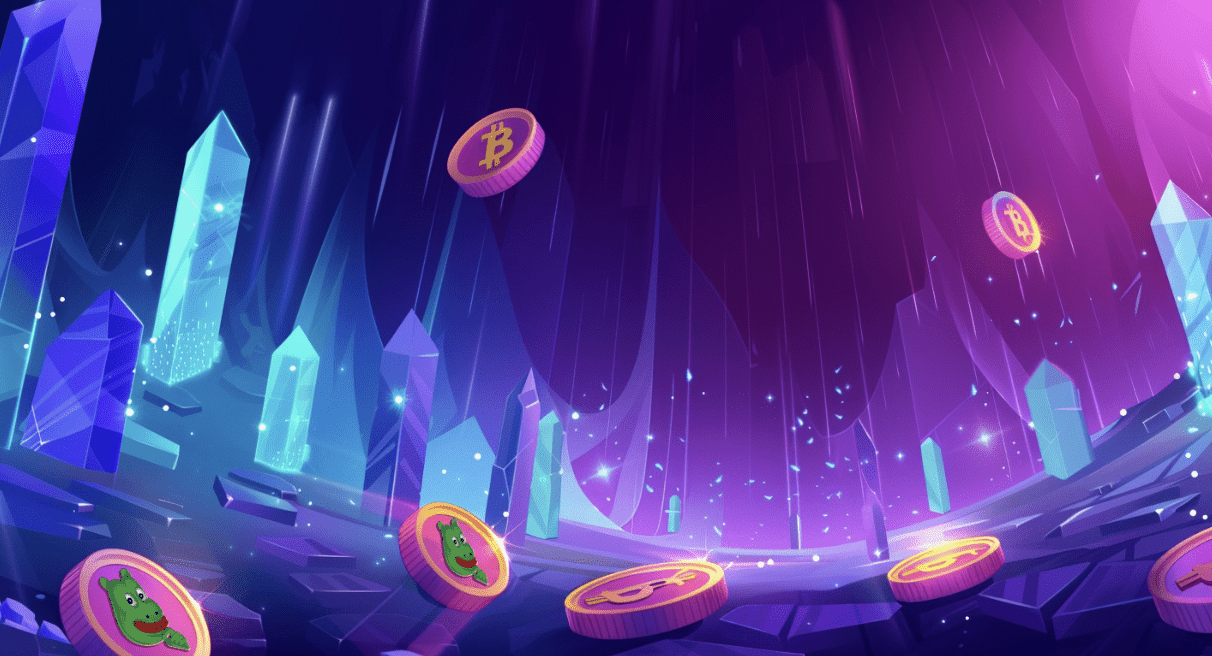The post-COVID "new normal" is inevitable, but what will it look like? When the virus danger dies down, and restrictions are entirely lifted, will we still have a different perspective regarding our behavior in everyday situations? Will we have self-inflicted limits for a while, for how long, and how will this affect our way of life?
These are questions we do not yet have the answers to. Indeed, behavioral and medical scientists will research this topic for months and years to come, some new habits are already observable even to the untrained eye.
With the onslaught of Covid-19 precautionary protocols and instructions, many have been rethinking the way they live. They will probably continue to adhere to these rules long after the immediate danger has passed. From the most obvious ones, like wearing a mask or avoiding handshakes, to some, seemingly mundane ones, like being reluctant to leave their home in the first place, which might prove to be very challenging to overcome, and might bring some significant changes in our future society.
Similarly to the scientific researchers, the IT development community has been hard at work, looking for solutions to these emerging problems. They don't see them so much as problems at all. They see them as an opportunity. The "new normal" for them is not something that needs to be rectified but embraced. For a long time, even before the pandemic, people had been turning to their private lives more, their family, their home, and their computer to the virtual.
How likely are virtual communities where we will be able to interact with each other in more meaningful ways than we are now, especially in regards to work (which is one of the primary reasons we leave our home)?
The answer is - pretty likely, and sooner than we might think. These places are already being developed, especially in the blockchain environment, enabling these communities to exist and operate independently. The best of these platforms will bring professionals together, and allow them to commune, support, and recommend each other, share in the commercial opportunity and elevate innovation.
These freelance platforms, where people will be able to start a business with just a good idea, find teams to advance this idea further, cooperate and bring their trusted colleagues from one project to another. They will open virtual shops to sell the digital assets they've created, invest in each other's projects, find clients for their services. Essentially these places would be the modern commercial town markets located on the free and decentralized blockchain space.
Projects such as Ideaology, with HQs in Dubai and the Swiss Crypto Valley, have recognized this model as the future of enterprise development and job markets. Their platform is already in development and could bring this idea to life in the next couple of years.
The most overlooked aspect of this model is the exceptional fluidity this kind of market offers its participants. For example, a graphic artist could sell their digital assets in their virtual shop on the platform, but they can also invest in other projects. They can branch out and possibly even vote within a virtual democracy system for projects to get funding or in other decisions being made inside the community.
With this seemingly radical transition of the workplace, from the physical to the virtual, we are probably still unable to foresee all the possible shapes and forms these future communities could take. However, it seems to be the logical next step in the evolution of business and commerce.
Investment Disclaimer






